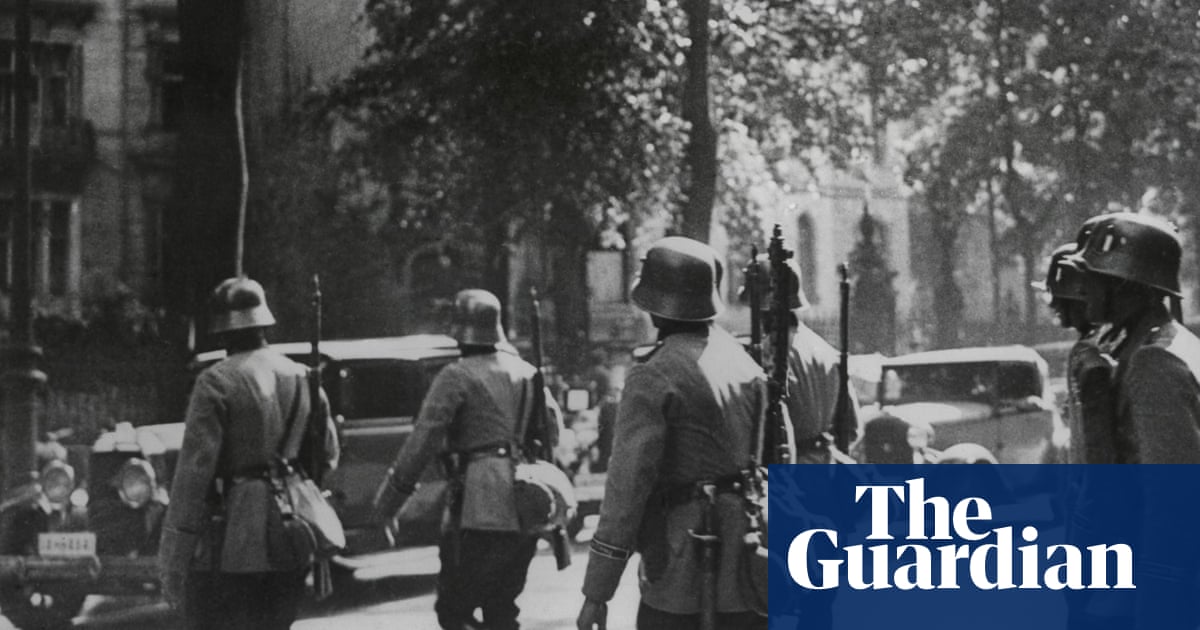Frederick Augustus Voigt, a journalist of significant historical importance, reported on the rise of Nazi Germany during a tumultuous period. The podcast episode highlights his commitment to accurate and courageous reporting, particularly in the face of growing political violence. The discussion among the former Berlin correspondents sheds light on Voigt's experiences and the broader implications of media coverage in contemporary society.
Purpose of the Article
The primary aim of this article is to commemorate Voigt's contributions and to draw parallels between historical and modern media coverage of far-right movements, such as Germany's AFD party. By revisiting Voigt's story, the article seeks to emphasize the importance of responsible journalism in the face of rising extremism.
Perception Creation
This article aims to cultivate a perception of vigilance against authoritarianism and the necessity for media to adopt a clear stance rather than a neutral, "both sides" approach. The focus on Voigt's experiences serves to remind audiences of the dangers faced by journalists who challenge oppressive regimes.
Potential Omissions
While the article provides valuable insights into Voigt's life and work, it may overlook broader systemic issues within the current media landscape, such as the challenges faced by journalists today or the varying degrees of media accountability. This could lead to an incomplete understanding of the current state of journalism.
Manipulative Elements
The podcast discusses historical events with a purposefully emotive tone, which may influence listeners' perceptions. The focus on Voigt as a "heroic" figure may evoke a sense of nostalgia for past journalistic integrity while implicitly critiquing contemporary media practices. This approach could be seen as manipulative if it oversimplifies complex issues.
Truthfulness of the Content
The historical accuracy regarding Voigt's experiences and the context of Nazi Germany appears credible, supported by the commentary of knowledgeable correspondents. However, the contemporary comparisons to the AFD party require careful consideration, as they can be subjective and may not capture the full spectrum of political discourse in Germany today.
Societal Implications
The article could influence public discourse on the responsibilities of the media in modern democracies. It may encourage a more critical approach to media consumption and foster discussions around the importance of journalistic integrity in combating the rise of extremism.
Target Audience
This content is likely to resonate with audiences concerned about political extremism, media ethics, and history enthusiasts. It appeals to those who value critical journalism and are interested in understanding the implications of current political movements.
Market Impact
While the article does not directly relate to financial markets, the discussions surrounding media coverage of political parties may indirectly influence investor sentiment, particularly in sectors sensitive to political stability and public perception.
Geopolitical Relevance
The themes explored in the podcast are relevant in today's geopolitical landscape, where the rise of populist and far-right movements continues to pose challenges to democratic norms across the globe. The historical context provides a lens through which to understand current events.
Use of Artificial Intelligence
There is no clear indication that artificial intelligence played a role in the writing of this article. However, the structured format and analysis could suggest the use of AI in editing or organizing thoughts. If AI were involved, it might have influenced the clarity and coherence of the discussion.
In summary, the article serves as a historical reflection on the role of journalism during the rise of authoritarianism while also addressing contemporary issues. Its reliability is bolstered by factual historical accounts, although the subjective nature of current political comparisons warrants cautious interpretation.
